Keywords: Right To Choose
There are more than 200 results, only the first 200 are displayed here.
-

AUSTRALIA
- Andrew Hamilton
- 21 July 2022
One of the tests by which we can judge political maturity is whether it gives due weight to complexity. It is easy to reduce political conversation to opposed statements between which we must choose. That will sometimes be appropriate. Often, however, discussion of policy raises several different questions, each of which needs to be considered.
READ MORE 
-
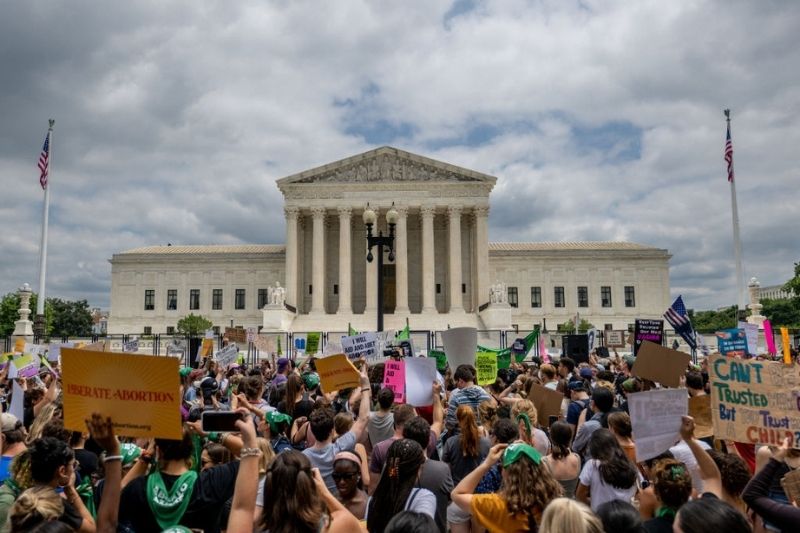
INTERNATIONAL
- Chris Middleton
- 05 July 2022
17 Comments
The overruling of the Roe v Wade decision by the Supreme Court in the Dobbs decision marks a significant moment in the abortion debate, while highlighting the deep fissures in America’s body politic. Despite the fact that the Supreme Court ruling had been foreshadowed months ago, the shock has been real.
READ MORE 
-
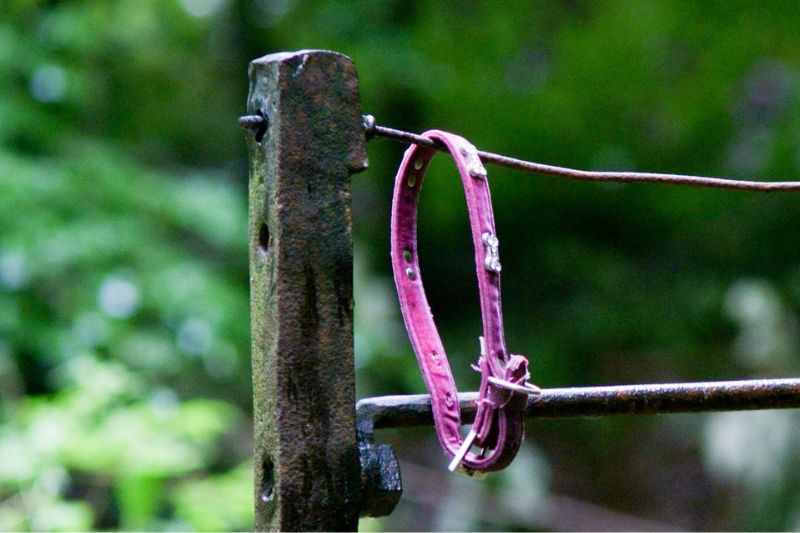
ARTS AND CULTURE
- Barry Gittins
- 28 June 2022
2 Comments
Joined by our son, I dug four feet down, two feet across, into wet, clayish soil. Deep into the darkness. We can see Cinder’s resting place from our bedroom window, not far from a little apple tree we’d planted some weeks before. She would have loved the spot, we think.
READ MORE 
-
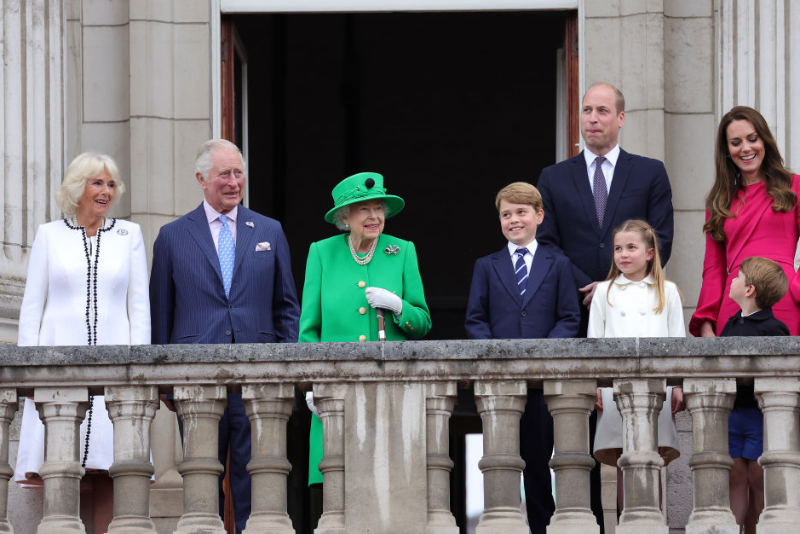
INTERNATIONAL
- Gillian Bouras
- 07 June 2022
10 Comments
I admit to a weakness for pomp and pageantry. I am, after all, a child of Empire, and swore allegiance to Queen Elizabeth II every Monday morning for years on end. So I watched the recent Trooping of the Colour, part of the Platinum Jubilee celebrations, and thoroughly enjoyed it, admiring the military precision and all the discipline required, the glitter, the splendour, the dashing aristocrats of the equine world, the sheer vividness of the unrolling scene. And all in honour of the Queen’s birthday.
READ MORE 
-
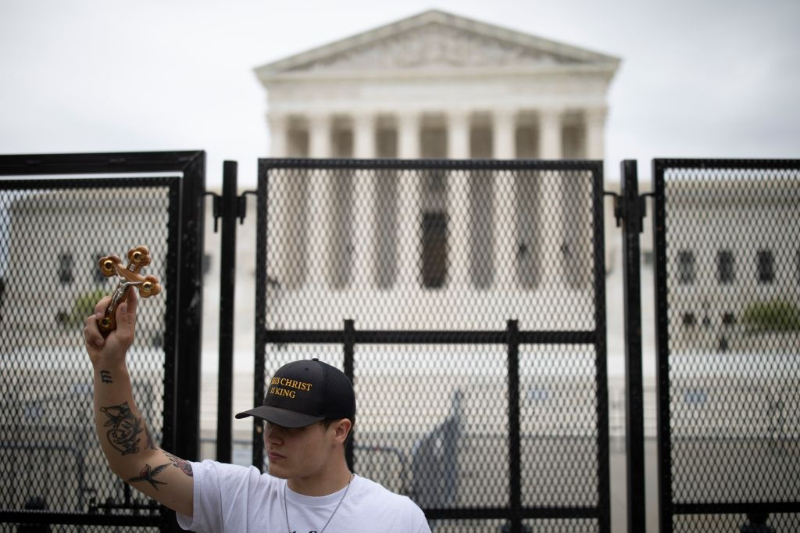
RELIGION
- Miles Pattenden
- 26 May 2022
19 Comments
News leaked earlier this month that the US Supreme Court plans to overturn its most famous decision, that in Roe vs Wade (1973) which protects a pregnant woman's freedom to choose to have an abortion without excessive government restriction. The decision has attracted much criticism both in the past and now on account of its dubious legal reasoning – in particular, its attempt to link the right to abort to a right to privacy which itself was notional and not specified in the US Constitution.
READ MORE 
-

AUSTRALIA
- Sally Parnell
- 18 May 2022
3 Comments
When millions of Australians look back on this Federal Election campaign, they will recall it as one dominated by ‘gotcha’ moments and scare campaigns. Personal attacks, loud and in-your-face advertising campaigns and so-called missteps by politicians have provided countless hours of talkback content. Regrettably, this has taken the focus of too many away from nuanced conversations about the kind of society in which we want to live, and the policies and vision needed to take us there.
READ MORE 
-

AUSTRALIA
- Angela Costi
- 26 April 2022
1 Comment
We are told by the government and associated authorities that these are times of ‘personal responsibility’. This is undoubtedly a major transition from the heavy regulated existence not that long ago when the collective good outweighed individualism. Juxtaposed with this ‘forging forth’ expectation is the significant, if not alarming, increase in infection rates.
READ MORE 
-

AUSTRALIA
- Andrew Hamilton
- 13 April 2022
11 Comments
In our culture, Easter celebrates the benignity of the ordinary. It is a time for getting together with family, for going away to bush or beach, and in southern states a time of mild weather ideal for watching big football matches and other sport. The important question raised now by Easter is whether the meanings of Australian Easter, and indeed those available to our secular society, have the depth needed to handle our present predicaments.
READ MORE 
-

AUSTRALIA
- Zacharias Szumer
- 05 April 2022
6 Comments
Like the aged care sector more broadly, home care is in the process of transition as the federal government implements a system designed around the principles of consumer choice and efficiency. The push is driven by expectations that the number of Australians accessing aged care services will more than triple by 2050.
READ MORE 
-

AUSTRALIA
- Barry Gittins
- 21 March 2022
6 Comments
Like the trusting frog, voters have in the backs of their minds the inkling that when a government achieves power, they lavish time, energy and resources on staying in power. Promises are non-core, or open to interpretation, or de-prioritised as new issues bob up to the surface.
READ MORE 
-
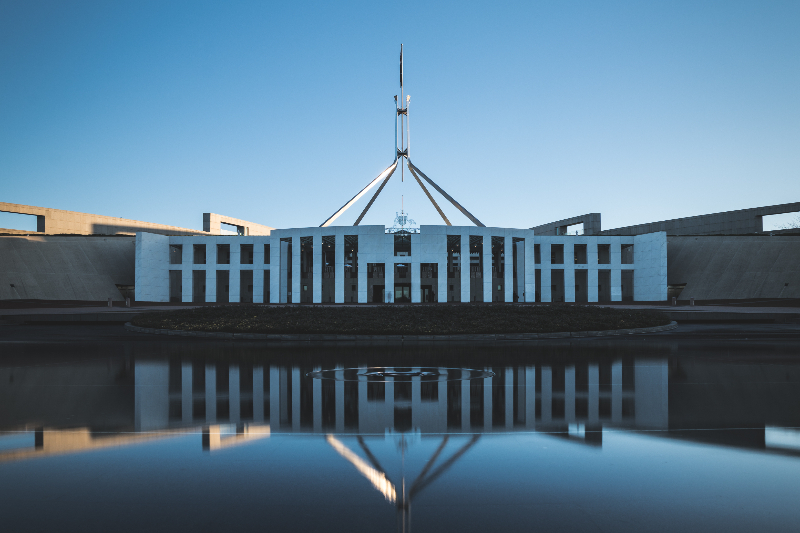
AUSTRALIA
- Frank Brennan
- 22 February 2022
42 Comments
In recent days, if you were to listen to the media reports, you could be forgiven for thinking that religious educators want to retain a right to exclude children or teachers from their schools on the basis of their gender or sexual orientation. Nothing could be further from the truth. Or nothing should be further from the truth.
READ MORE 
-

AUSTRALIA
- Frank Brennan
- 22 February 2022
1 Comment
In recent days, if you were to listen to the media reports, you could be forgiven for thinking that religious educators want to retain a right to exclude children or teachers from their schools on the basis of their gender or sexual orientation. Nothing could be further from the truth. Or nothing should be further from the truth.
READ MORE